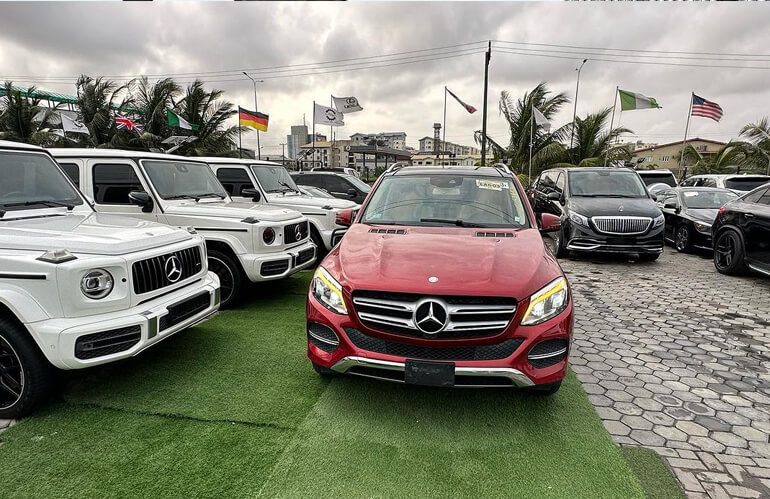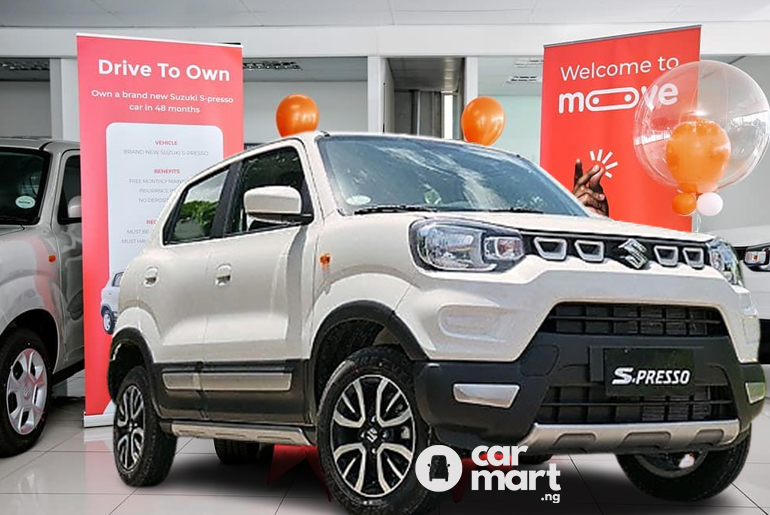- In this article, we talk about getting car loans in Nigeria and whether or not they are worth it.
- Car loans can help make buying a car in Nigeria easier for you. But they can be a lot of challenges when you have one.
- We explain in this article why avoiding car loans in Nigeria is the best policy, even though it could help you foot that car bill.
Acquiring any form of loan in Nigeria is tricky, and that includes getting any form of car loan. How tricky loans can be in Nigeria is the major reason why many Nigerians avoid getting a car on loan.
Table of Contents
While car loans have their advantages, they also come with lots of disadvantages, especially in a country like Nigeria. As such, before venturing into any car purchase in Nigeria, the very first question in the minds of many Nigerians who consider car loans is: are car loans worth it?
In this article, we will be talking about car loans in Nigeria and whether or not they are worth going after or whether Nigerians should just stick to paying in cash for cars.
What is a Car Loan?
A car loan is an amount of money a car buyer borrows in order to make full payment for their car. The steps for getting a car loan are practically the same for any other type of loan. The only difference is that they are used specifically for the purpose they were gotten, which is to buy a car.
However, you can also use a personal loan for car purchases. But, you will still be subject to the 24-60 months re-payment plan. For actual car loans, the usually include a variety of fees and taxes that you must cover while paying the loan. In Nigeria today, you can either obtain a car loan either from the bank or from a private lender.
How Do Car Loans Work in Nigeria?
Getting a car loan can help make buying a car affordable for you as the repayment will be broken up into monthly payments over a period of time. Every car loan in Nigeria typically comes with repayment periods of 24 to 84 months. However, it depends on the lender. Also, how much you’ll be able to borrow will depend on the type of vehicle you are buying and your financial situation.
Every payment you make on an auto loan goes toward your main loan amount as well as the interest charged by the lender. Your general interest costs will depend on the interest rate you qualify for.
What You Should Know Before Getting a Loan in Nigeria
Before going for a car loan in Nigeria, there are certain things you need to keep in mind. Having knowledge of the information we’ve listed below will make getting a car loan in Nigeria easier for you.
- Know the Basics
Make sure you have an idea of your eligibility. This includes checking out how much the lender offers, and whether or not it matches your needs. Also, monitor your credit score as it will help you determine if you have a higher chance of getting a loan from any car loan lender in Nigeria.
- Always Compare Rates
Before deciding on the lender to go with, make sure to compare their rates, as it will help you determine which of them fits your budget. Some lenders have higher interest rates compared to others, and comparing these different rates will help you make a smart and well-informed choice.
- Have a Budget
Before applying for the loan, decide how much you will need. The budget should not just be the cost of the car but should also include the cost of various other things like car insurance, car registration costs, and other car accessories you might need.
- Understand the Tenure and other Terms
Understanding the terms of the car loan you are getting, especially the tenure, is very important. For instance, if you are getting a five-year loan, you will get lower monthly repayments than a three-year loan. But it will also mean that you’re paying a lot more money as interest. Before agreeing to a tenure, make sure it fits around your income, and expenses and you will also need to assess how you will manage your loan repayment.
Why Getting Car Loans in Nigeria is Not Worth It
There are many reasons why getting car loans in Nigeria is a completely bad idea. While it makes it easier for you to afford a car and pay it back gradually, it comes with more disadvantages, especially in a country like Nigeria.
- Cars Depreciate Quickly
Cars are assets that depreciate very quickly. The moment you purchase a car, its depreciation starts. It doesn’t matter if it’s a new or Tokunbo car. Now imagine taking a loan for a car and your repayment plan has been stretched to five years. By the time you get around to completing repayment, the car will have started wearing down and will have only a few years left to it.
The average car loses about 25% of its value in its 1st year, and nearly 50% of its value in the first 3 years. Imagine how much value your car would have lost in five years when you were done with the loan repayment.
- Car Loans are Lengthy
Car loans are usually long-term loans, and financial experts note that long-term loans are bad ideas. The average car loan you will get in Nigeria gives you a 48-month repayment plan. That’s four years to repay your car loan, and the longer any car loan, the more interest you will have to pay, and there are chances you could default payment when any loan has gone on for so long, which could mean owing more on the loan. For many Nigerian lenders, the more you default payment on loans, the more the interest increases.
- Car Loans are Credit Risk
Taking a car loan in Nigeria will make dealing with any other financial emergency harder to manage. And, when you are in need of money urgently, there’s every likelihood you will use your car loan repayment plan to cover said emergency. This in turn affects your repayment, and it means your loan continues to compile.
- Expensive Car Loan Interest Rates
Car loans in Nigeria are very expensive in Nigeria. It can be hard for many Nigerians to access car loans because of the high-interest rates from most lenders and banks. Banks in Nigeria give car loans with interest rates between 18% to 30% per annum compared to an average interest rate of less than 5% available for a 72-month vehicle financing scheme in countries like the United States of America.
- Higher Risk of Losing Your Vehicle
Owning a car is risky in Nigeria because every other day, there’s car theft going on somewhere. So imagine trying to repay a car loan when you have lost the vehicle you are paying for in the first place. Aside from that, there’s also the high risk of getting the car collected by the lender when you cannot repay a loan.
We see it play out every day with higher purchase loans. Once an agreement has been defaulted severally, the lender immediately rushes to retrieve the vehicle, so they could avoid losing the money they invested into your vehicle purchase.
Conclusion
Car loans make buying cars easier for car lovers. But, in Nigeria, getting a car loan is challenging and comes with a lot of headaches, which is why it’s not worth it.










